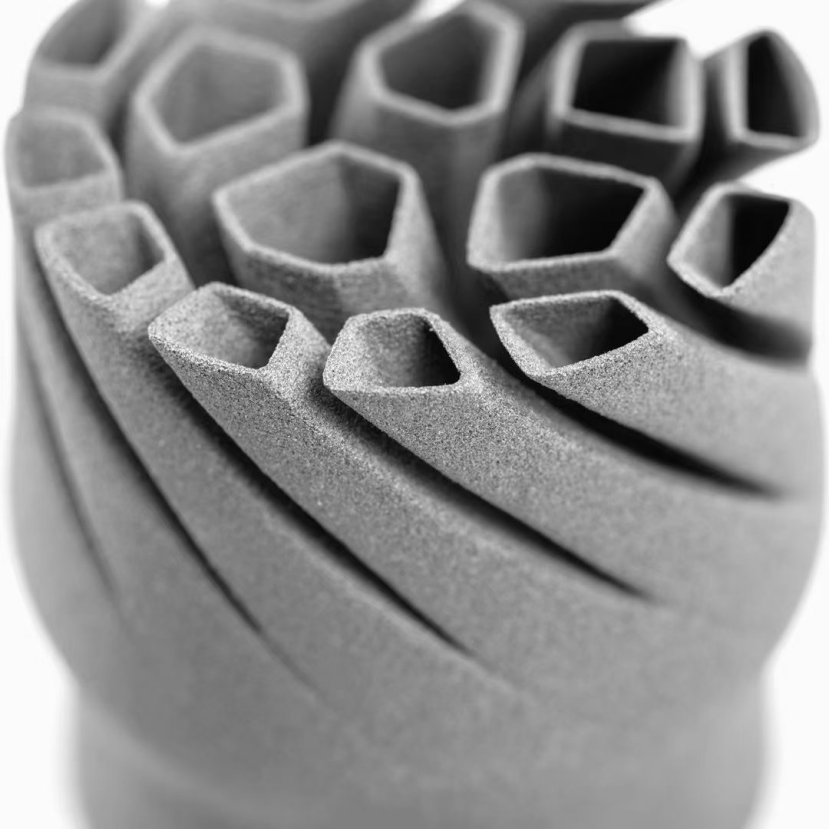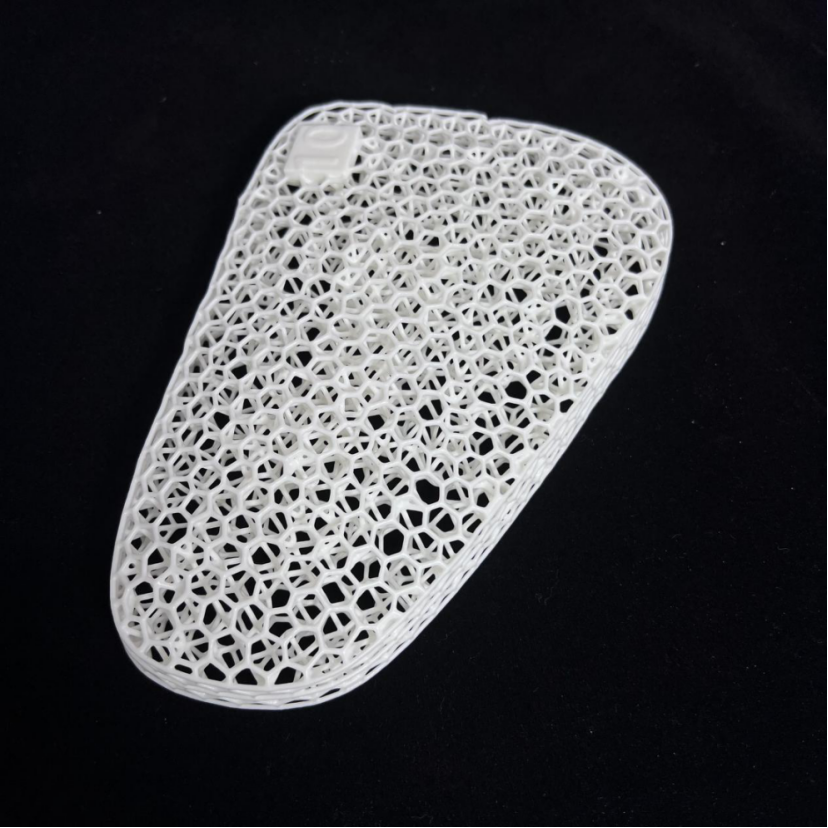prototype cnc machining
Prototype CNC machining represents a cutting-edge manufacturing process that combines precision engineering with digital control systems to create high-quality prototypes and small-batch production parts. This advanced technology utilizes computer-controlled cutting tools to remove material from solid blocks, resulting in precise components according to detailed digital specifications. The process begins with CAD (Computer-Aided Design) files that are converted into machine-readable instructions through CAM (Computer-Aided Manufacturing) software. These instructions guide the automated cutting tools through complex three-dimensional movements, enabling the creation of intricate geometries and tight tolerances that would be impossible to achieve through manual machining. The technology accommodates a wide range of materials, including metals, plastics, and composites, making it versatile for various industries such as aerospace, automotive, medical devices, and consumer products. Modern prototype CNC machining centers often feature multiple axes of movement, automated tool changing systems, and sophisticated cooling mechanisms to ensure optimal cutting conditions and surface finishes. This technology has revolutionized the prototyping process by significantly reducing lead times, minimizing human error, and enabling rapid design iterations while maintaining consistent quality across production runs.


